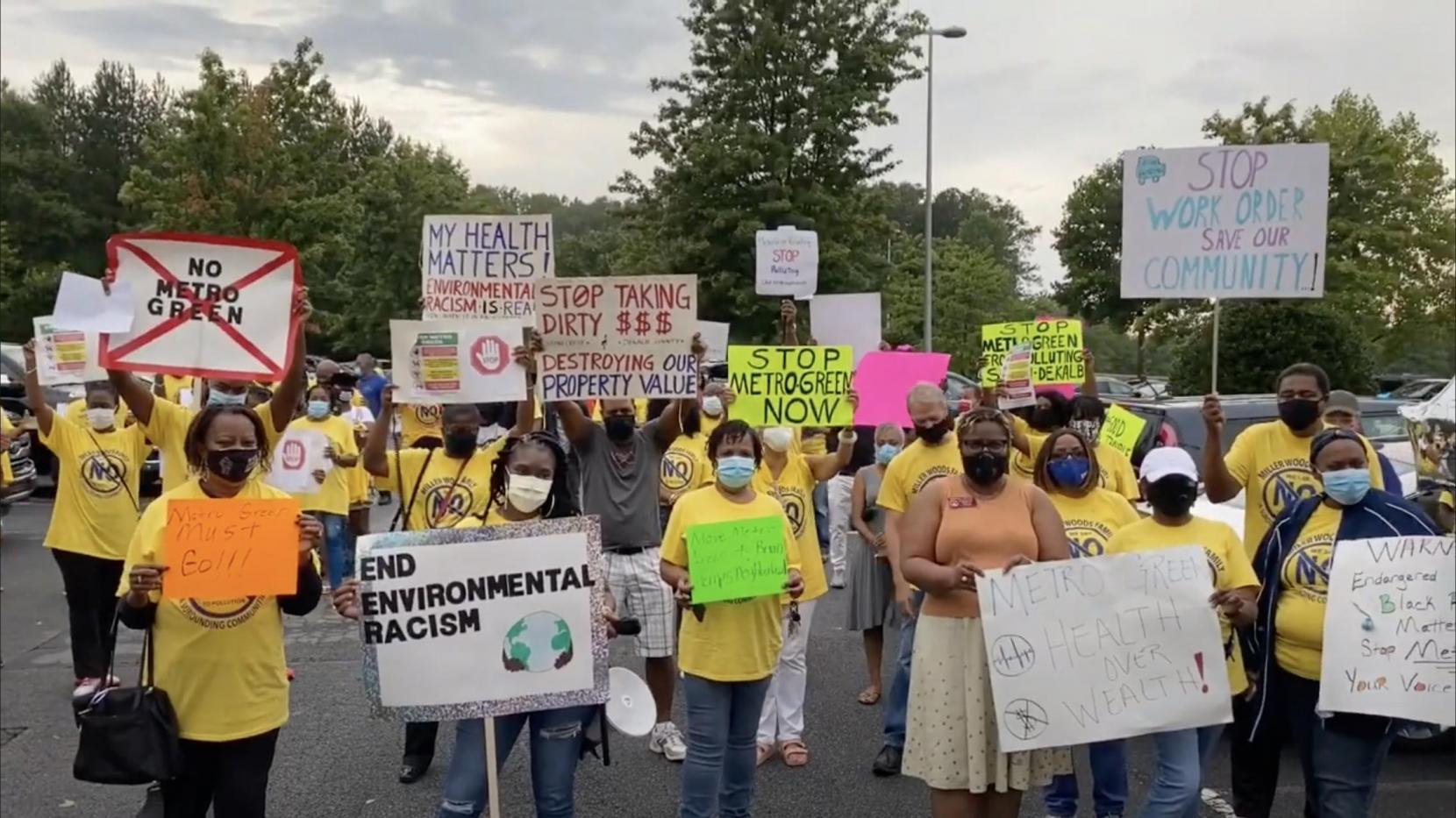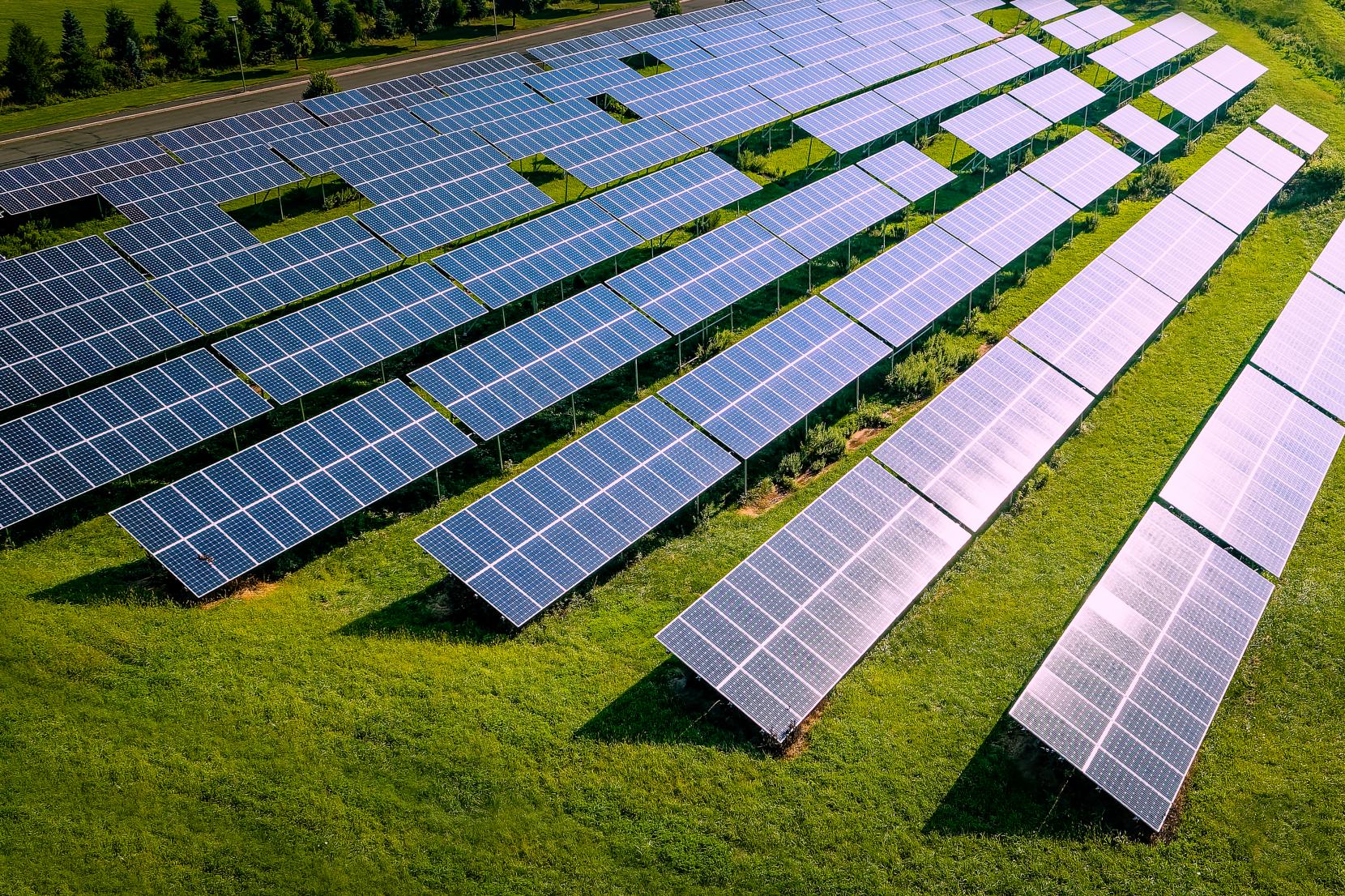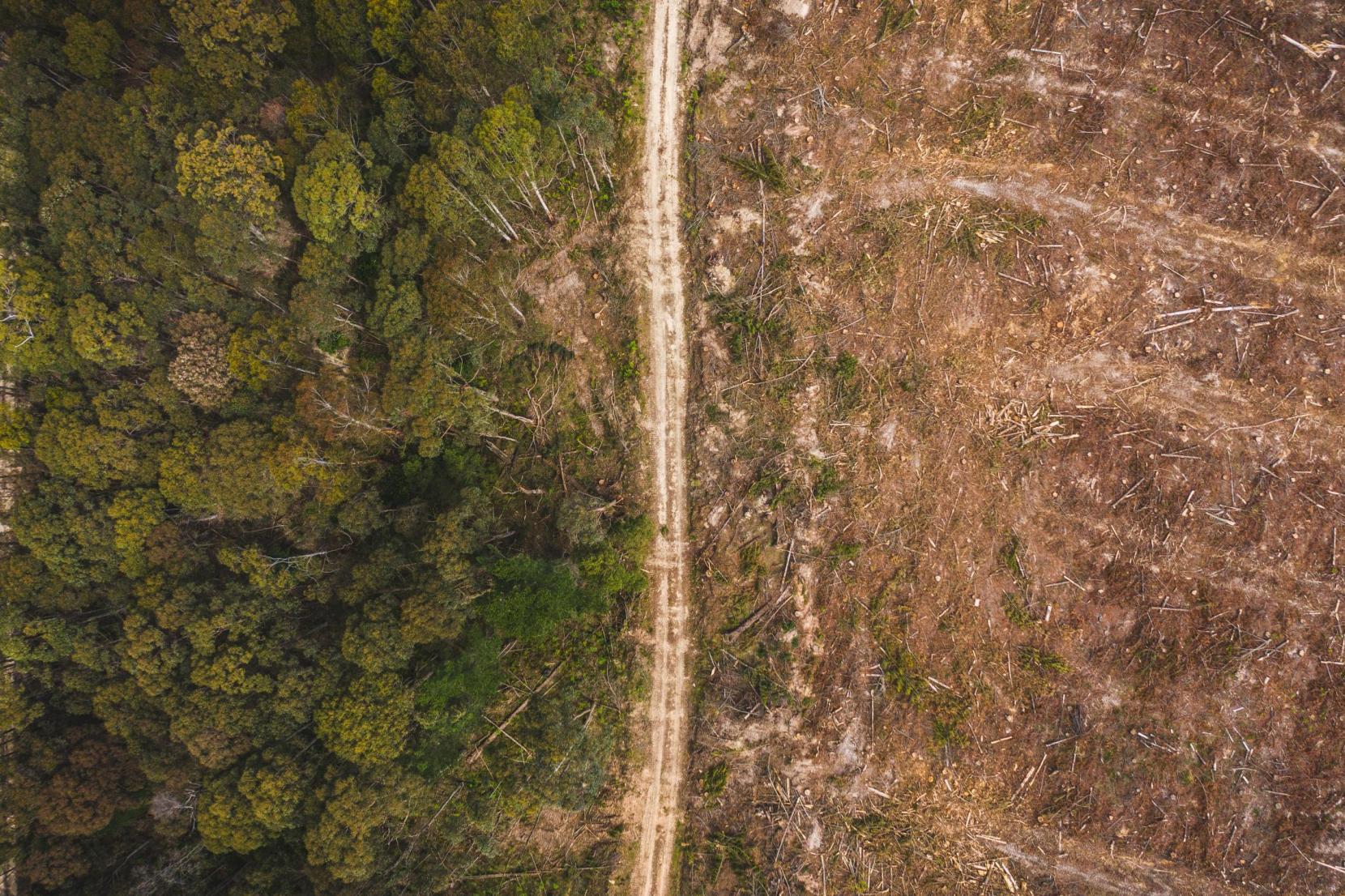On the Ground in Georgia
For 35 years, SELC’s place-based approach has protected the basic right to clean air and clean water, preserved our region’s natural treasures, and helped provide a healthy environment for all. Our multifaceted strategy uses every tool in the toolbox to produce historic outcomes in our six states—like defeating efforts to introduce offshore drilling off Georgia’s coast and securing the excavation of 255 million tons of toxic coal ash across the South—while raising the bar for environmental protection across our region and the whole country.
Over the past four years and in the midst of a global pandemic, SELC fought for the rule of law and slowed or stopped the most calamitous attempt to unravel environmental safeguards in modern history. With our broad network of dedicated partners, we managed to preserve a solid foundation so that now we can all move ahead on pressing challenges like climate change and environmental injustices. SELC lawyers are highlighting the most urgent priorities for the new administration, offering solutions based in science and the law, ensuring that good changes stick, and going to court to set strong precedents when necessary. Thanks to our generous and faithful supporters, SELC is ready for what lies ahead and confident we can continue securing results that matter for the South and the nation, while playing a central role in every major environmental issue in Georgia.
Cumberland Island.
PROTECTING OUR COASTAL TREASURES
The Okefenokee National Wildlife Refuge, home to one of North America’s largest complexes of freshwater wetlands, has come under threat from a Twin Pines Minerals plan to mine titanium on 12,000 acres adjacent to the swamp. SELC assembled 43 groups to oppose the mine, and we helped secure over 60,000 public comments—from 50 states and 36 countries—in response to the company’s federal permit applications. Twin Pines then took advantage of 2020 federal rollbacks, and almost 400 acres of wetlands have unlawfully been stripped of Clean Water Act protections, making a federal permit unnecessary. As we work to restore these protections, we are also scrutinizing all state permits needed to move this ill-conceived project forward.
Meanwhile, SELC is opposing Spaceport Camden, a proposed 11,000-acre rocket launch facility that would bring light and noise pollution, water contamination, wildfire risk, and access restrictions on Little Cumberland Island and the Cumberland Island Wilderness Area. We used open records lawsuits to raise concerns about safety and environmental impacts. When Camden County changed its application to focus on small rocket launches, we insisted on a new environmental review. Alongside our partners, we will continue to raise concerns about this project, which remains risky.
(©On Common Ground)
FIGHTING AN ENVIRONMENTAL INJUSTICE
In metro Atlanta, SELC and community members are working to stop Metro Green’s massive concrete recycling facility under construction next door to predominantly Black neighborhoods in Stonecrest and DeKalb County. These residents had no idea that a solid waste site was moving into their backyards until after Metro Green cleared about 60 acres of trees. If allowed to operate, the facility would accept around 400 tons per day of concrete, metal, wood, rock, drywall, shingles, and other construction and demolition debris and expose residents to intrusive noise, dust, and heavy truck traffic from solid waste handling directly across the street from their homes.
The city of Stonecrest filed suit against Metro Green and the Georgia Environmental Protection Division after realizing that the city lacked authority over the facility at the local level. SELC joined the case on behalf of Citizens for a Healthy and Safe Environment and is calling on the state to revoke Metro Green’s solid waste permit to correct the environmental injustice forced upon this community without their knowledge or input.

CLEAN ENERGY FOR GEORGIA
Over the past two years, SELC helped crack the door open for a more equitable and cleaner energy future for Georgians by persistently bringing our legal expertise to bear in strategic hearings before the state’s Public Service Commission. This work has spurred historic growth in large utility solar farms, laid the groundwork for more rooftop installations, and initiated the first advances in energy-saving efficiency programs in many years. We are working to shore up these advances, level the playing field for independent solar producers, and fight for fair treatment for customers that install solar on their roofs.
Equally importantly, thanks to public scrutiny combined with SELC’s strategic advocacy, nearly half of Georgia’s 100 million tons of coal ash is slated for disposal in lined landfills. Yet regulators signal they are ready to approve an unlawful plan to dispose of the rest in unlined, leaking ponds. We continue to inform the public of the risky flaws in this closure method, and to engage lawmakers, state and local officials, and assist key partner groups advocating for safer disposal of this toxic industrial waste, while laying the groundwork for potential legal action.

DEFENDING CORE ENVIRONMENTAL LAWS
After four years of unrelenting assaults on our nation’s fundamental environmental standards, SELC is in federal court fighting rollbacks that have undermined our most important clean water protections and weakened democratic participation in decision-making and the disclosure of environmental impacts on federal projects, from new bridges and roadways to logging on our national forests. These changes remove basic protections that give communities their best defense against irresponsible agencies and reckless companies that would trample the health of their natural resources. As the Biden administration addresses this situation, SELC is highlighting the importance of rebuilding the nation’s core environmental protections while pressing forward in our litigation, on behalf of regional and national partners, to limit the damage from the gutting of the Clean Water Act, the National Environmental Policy Act, and other statutes.
